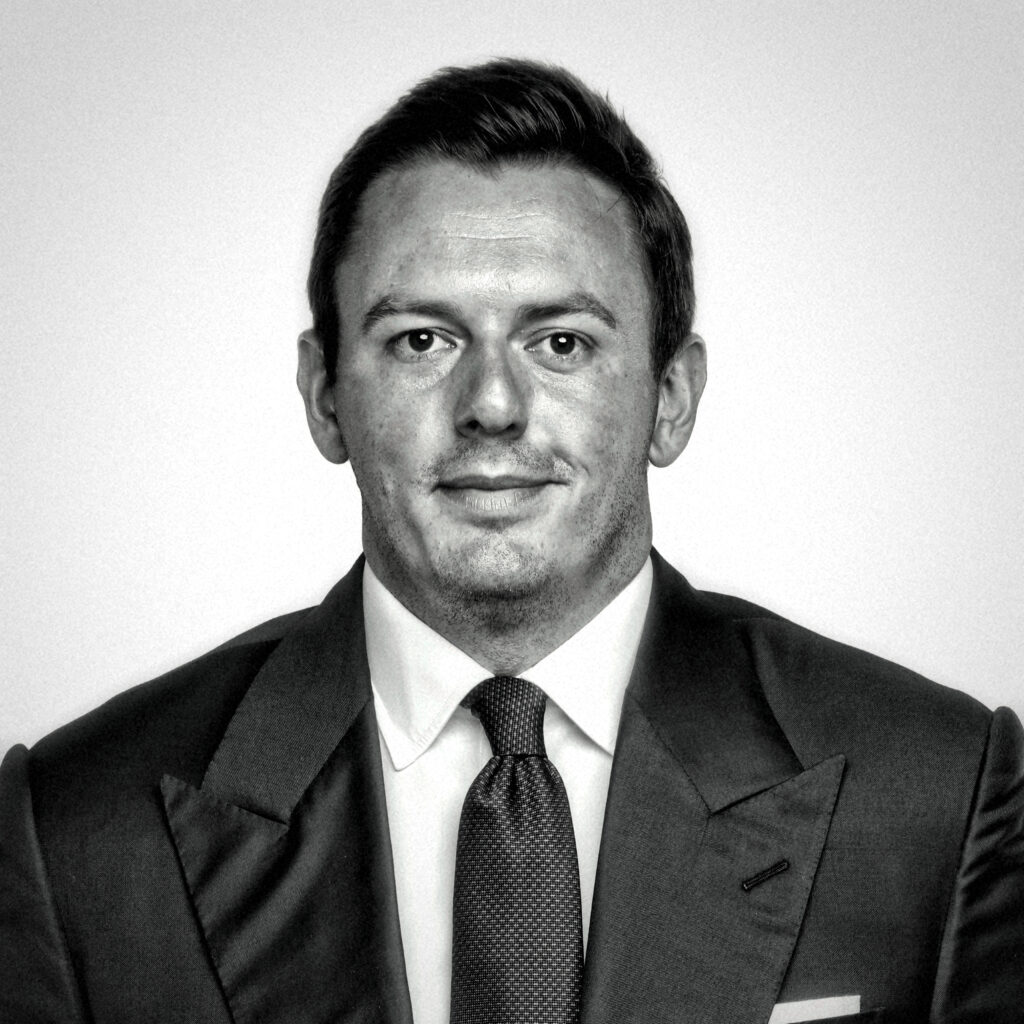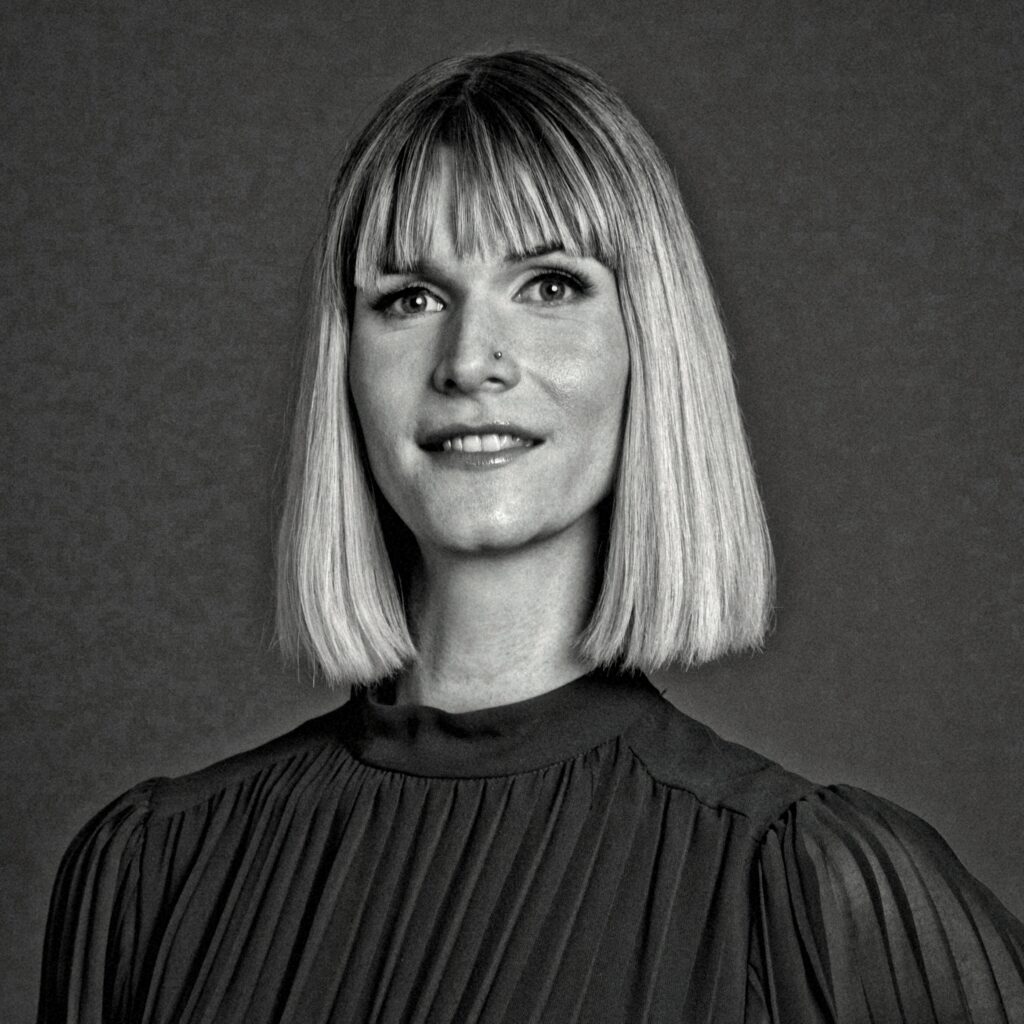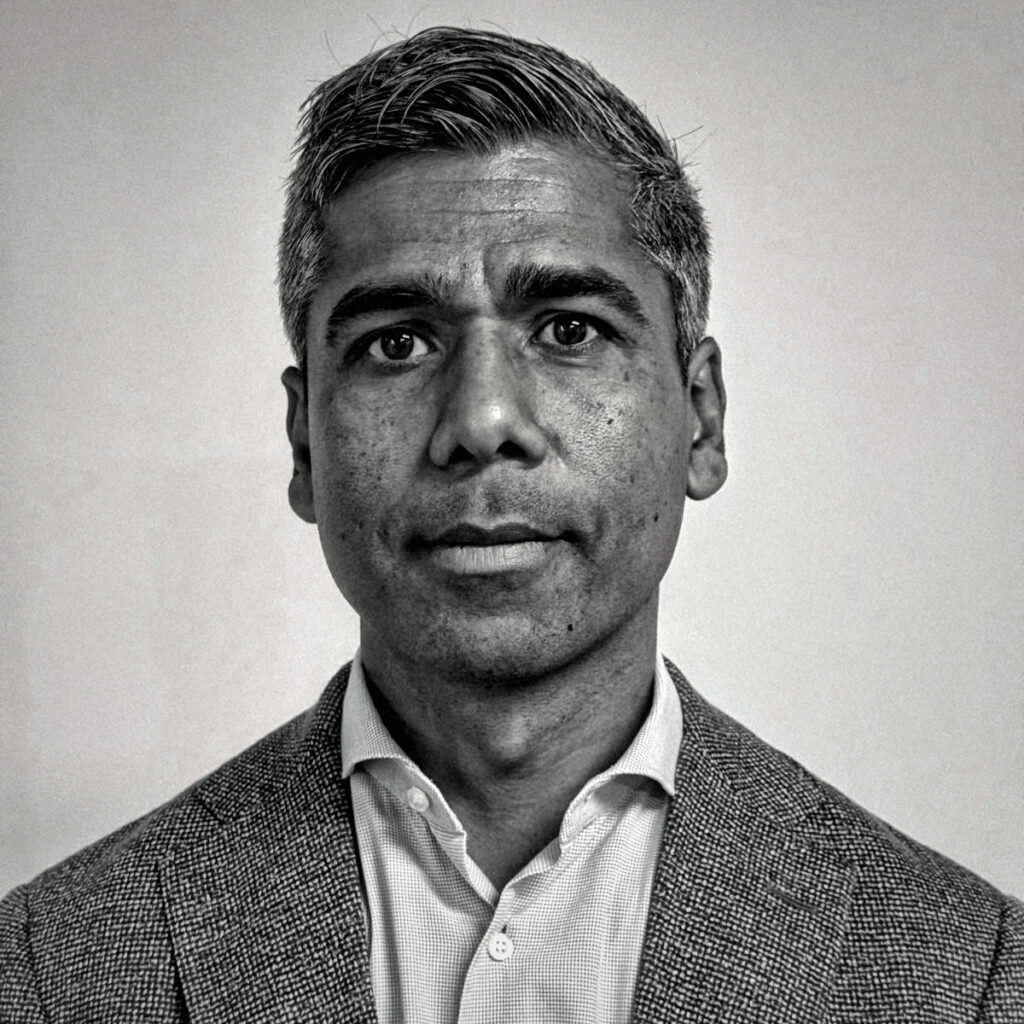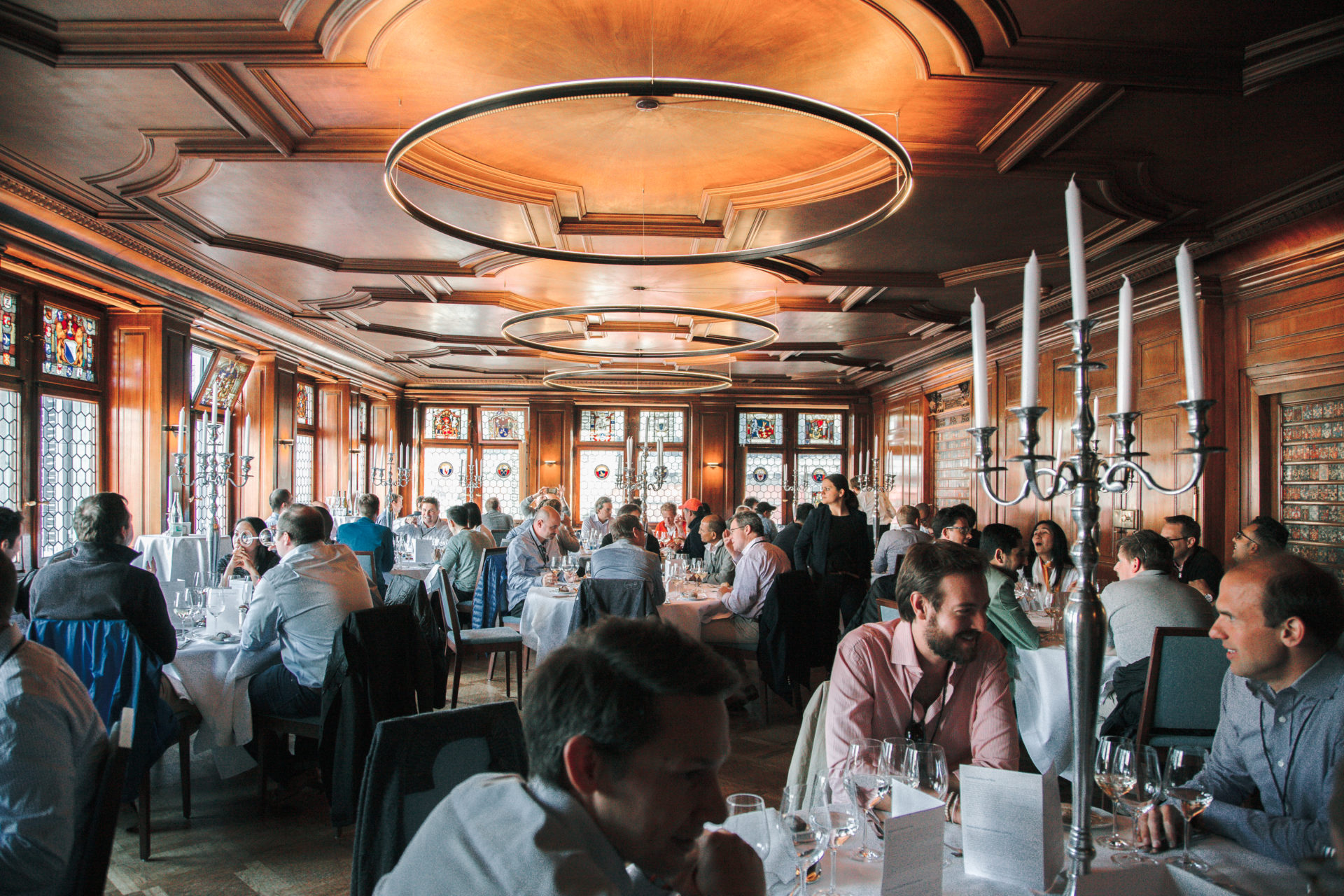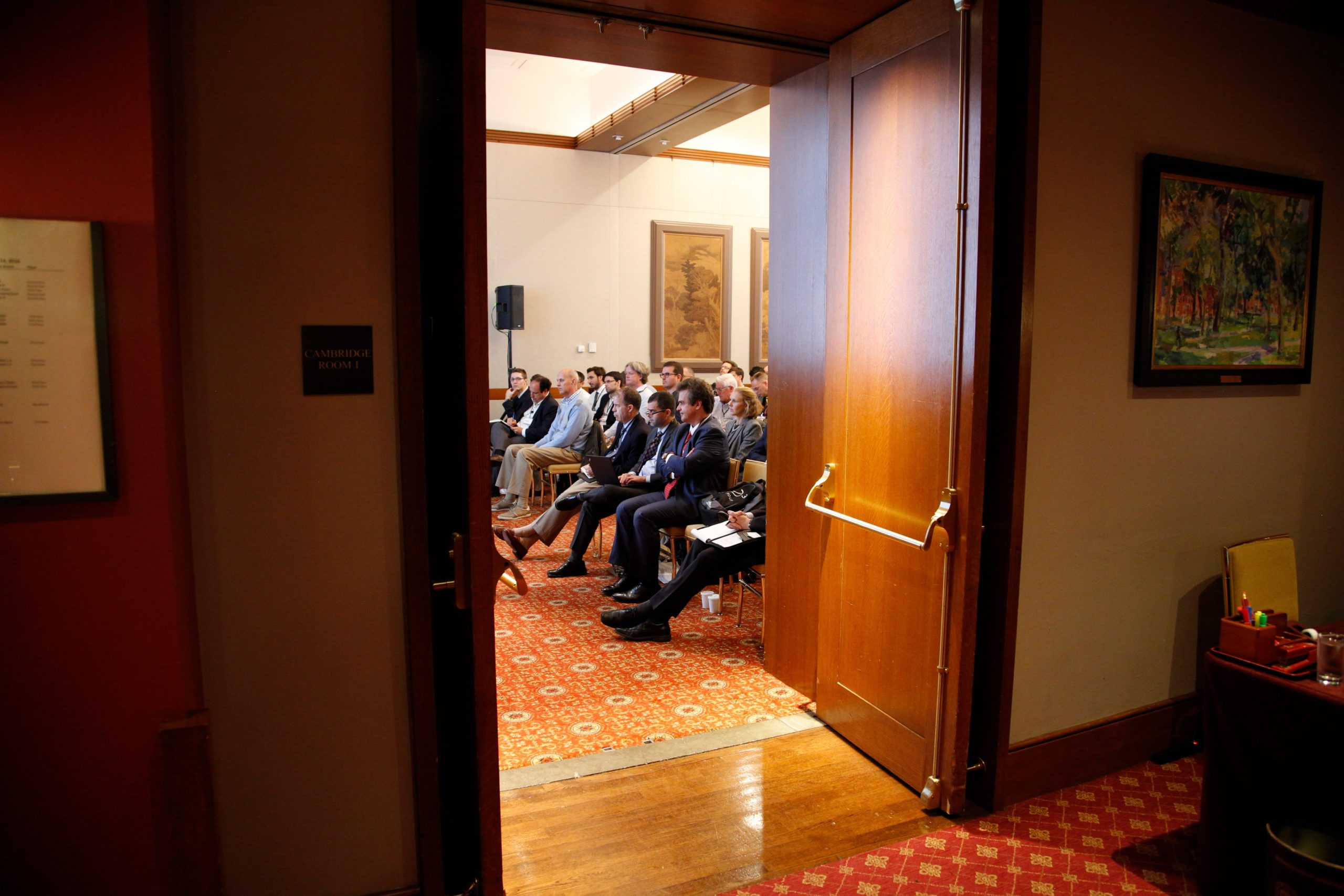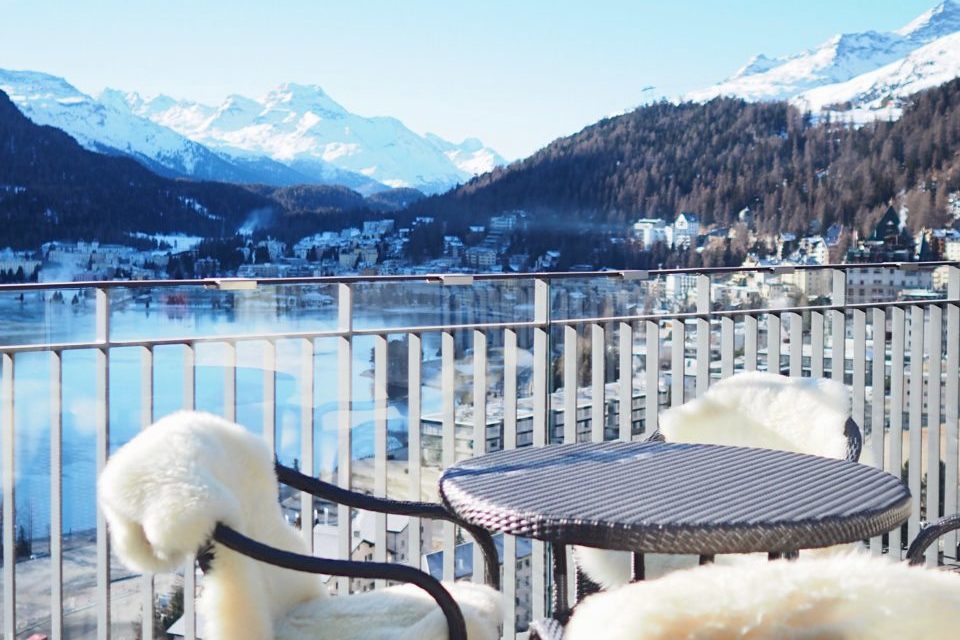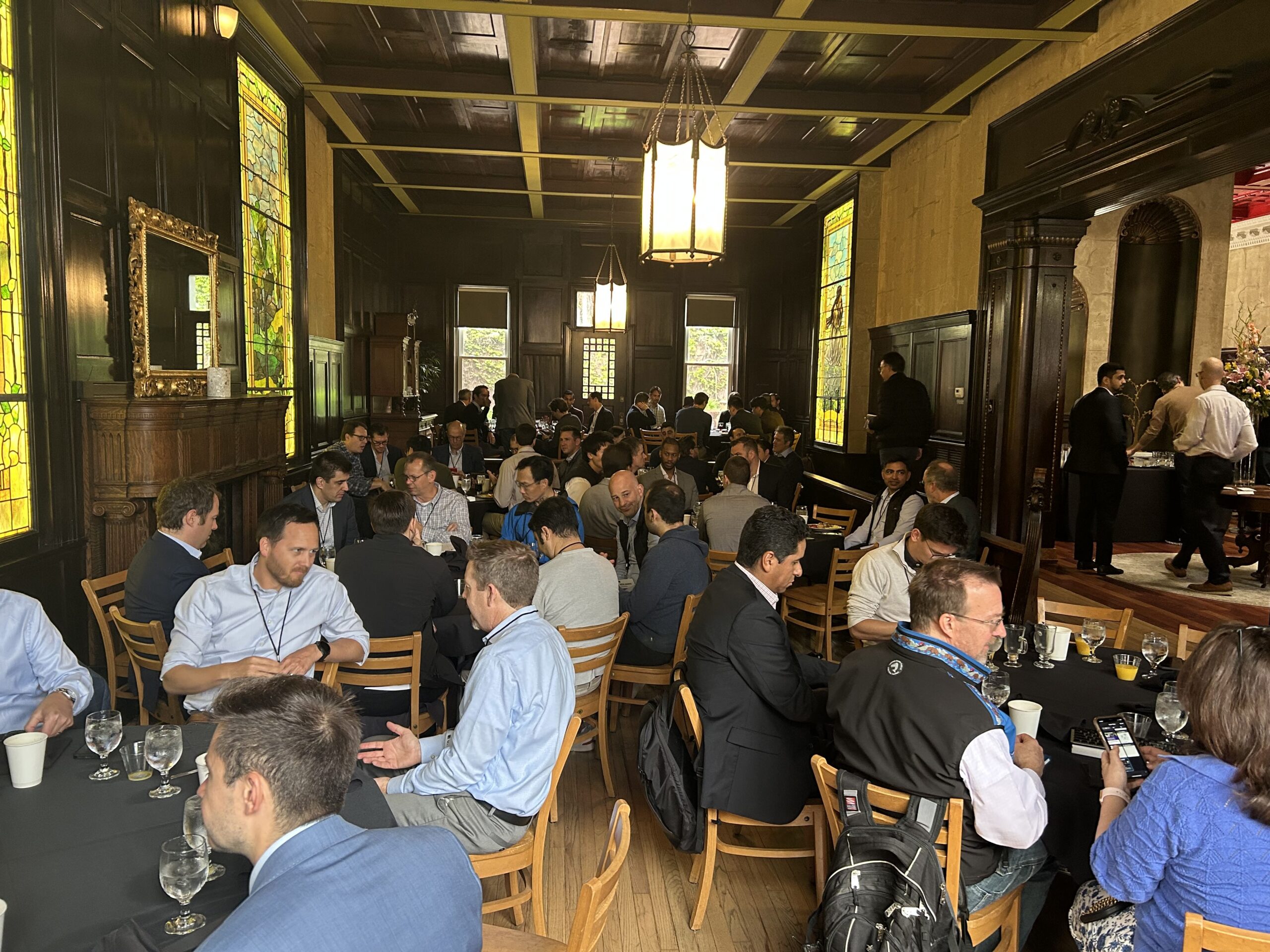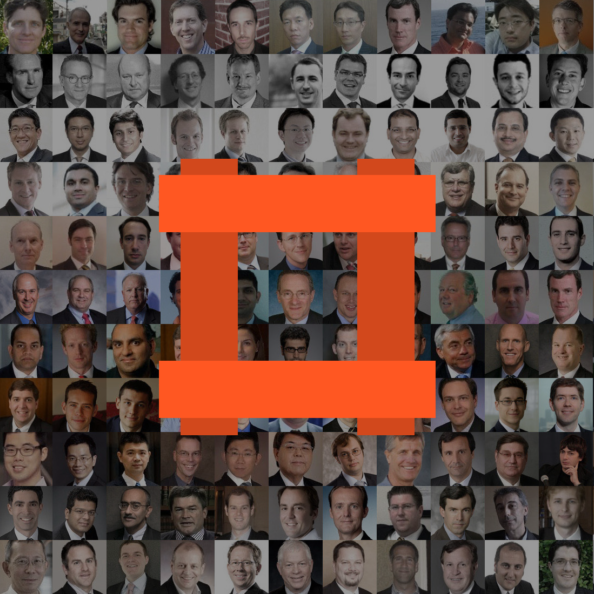We had the pleasure of sitting down with small-cap value investor David Nierenberg, founder of Nierenberg Investment Management Company, during the Berkshire Hathaway weekend in Omaha in 2012.
David has long been highly regarded as a small-cap investor, taking concentrated positions in companies and engaging with them to grow shareholder value.
Watch an excerpt of our exclusive interview. In this segment, David Nierenberg shares his thought process on how he generates investment ideas.

The following transcript of the full conversation has been edited for space and clarity.
The Manual of Ideas: It’s a great pleasure to have with us David Nierenberg and Cara Jacobsen of The D3 Family Funds. David, you’ve started the firm in 1996. I’d love to hear about your background, what motivated you to start your own firm and how you got started in investing in the first place.
David Nierenberg: I started investing in 1966 when I was thirteen years old and finally came into a little bit of money. I started investing in public stocks that summer of 1966, and my instincts have always been perverse. I was looking to find things that were reaching new highs at times when the markets were hitting record lows. And that is how I started with my own stock picking at that time.
…micro caps were probably the most inefficient part of the domestic public market. And it was also a place where, even then, a portfolio investment of $1 million or $2 million could in the context of a nano cap stock make us be a player and give us access to the management and the board…
Now let’s fast-forward to after school. I joined Bain & Company and I spent seven years there as a business analyst before the existence of Bain Capital. And I left after seven happy years in 1985 to become a full time venture capitalist. Having spent most of my time at Bain working on fixing underperforming businesses, my specialization in venture capital also was on fixing underperforming companies rather than on greenfield startups.
I did that for a happy decade in the San Francisco Bay Area. But then nature called and my wife and I started making children. We decided we did not want to raise them in the Bay Area. We decided we wanted to remain in the investment business but to uproot them to the Pacific Northwest and raise the children where they might have a shot at growing up normal and going to public schools. So at that time, I stepped out of the venture capital business, corresponded with about a hundred friends and raised a colossal $13 million from fifty investors to seed The D3 Family Funds and went into business coincident with our arrival in the Northwest in January 1996.
Even then, we had a distinctive orientation. It was focused on micro caps because micro caps were probably the most inefficient part of the domestic public market. And it was also a place where, even then, a portfolio investment of $1 million or $2 million could in the context of a nano cap stock make us be a player and give us access to the management and the board so that we could both assess them and, if we wanted, to influence them.
And the focus even then was on busted growth companies, companies that were capable of growing EPS to double over a five-year period but which for some historical reason or industry reason had a cloud over their head and we tried to focus as good Bain analysts on figuring out what were the reasons for the gap between market value and long term intrinsic value and focused our activities as investors on those hopefully key activities to close that gap.
And since then, the business has grown organically by word of mouth. It remains a business that is focused on investing on behalf of individuals and families that we know, investing core savings for the long term with somebody that they know and trust. Cara joined us a decade ago, so they now know and trust her as well. And we have a third Yalie, Damon Benedict, who joined us three years ago and is also a core member of the team now. We’ve had one experience with a professional who wasn’t a Yale person, but I think the preponderance of the firm’s future will remain New Haven alumni-oriented.
MOI: As a Yale alumnus, I certainly applaud that and your success shows that the strategy’s the right one! I’m curious, I may have missed it when I said the name D3, it’s D- cubed, and I know it stands for something, if you could tell our viewers what it stands for?
Nierenberg: Well, what it stands for is David’s Dirty Dogs, and that is not meant to be an adverse comment on the intrinsic quality of these companies but oftentimes people look at scans of public companies which are small. And oftentimes people look at scans of companies whose valuations suggest that they must be experiencing hard times. And the fact of the matter is that most of the time if something is inexpensive it probably is inexpensive for a good reason and it probably deserves to stay that way. But, a fair number of times we can take that dog home and shave it and decide we actually want to keep it rather than sending it back to the pound.
…most of the time if something is inexpensive it probably is inexpensive for a good reason and it probably deserves to stay that way. But, a fair number of times we can take that dog home and shave it and decide we actually want to keep it rather than sending it back to the pound.
MOI: You’re based in the State of Washington, and I know access to management and engaging with companies is important to you. How do you approach it from where you’re based, how do you interact with managements?
Nierenberg: I would say to you that one of the things that is distinctive about our due diligence process is that we probably split our time and effort between things which are quantifiable and relatively standard and those things which are not. In other words, we’ll run the same five, ten years, backward and forward numbers that other people do, although we will develop scenarios of our own. But we will thoroughly check out senior members of the management team and try to identify where the power centers are on the board and check those people out as well. And also learn who the major shareholders are.
And all that’s an essential part of our due diligence. So that means that when we are performing our due diligence, we are going to go out and visit with people. Once we have a relationship, oftentimes they then will come to us or work will be done over the telephone or over the Internet but that initial building of a relationship and assessing one another both ways is critical. When they see a 10% shareholder show up, one that has a history of activism, they will probably want to understand what we are too.
Members, log in below to access the restricted content.
Not a member?
Thank you for your interest. Please note that MOI Global is closed to new members at this time. If you would like to join the waiting list, complete the following form:


